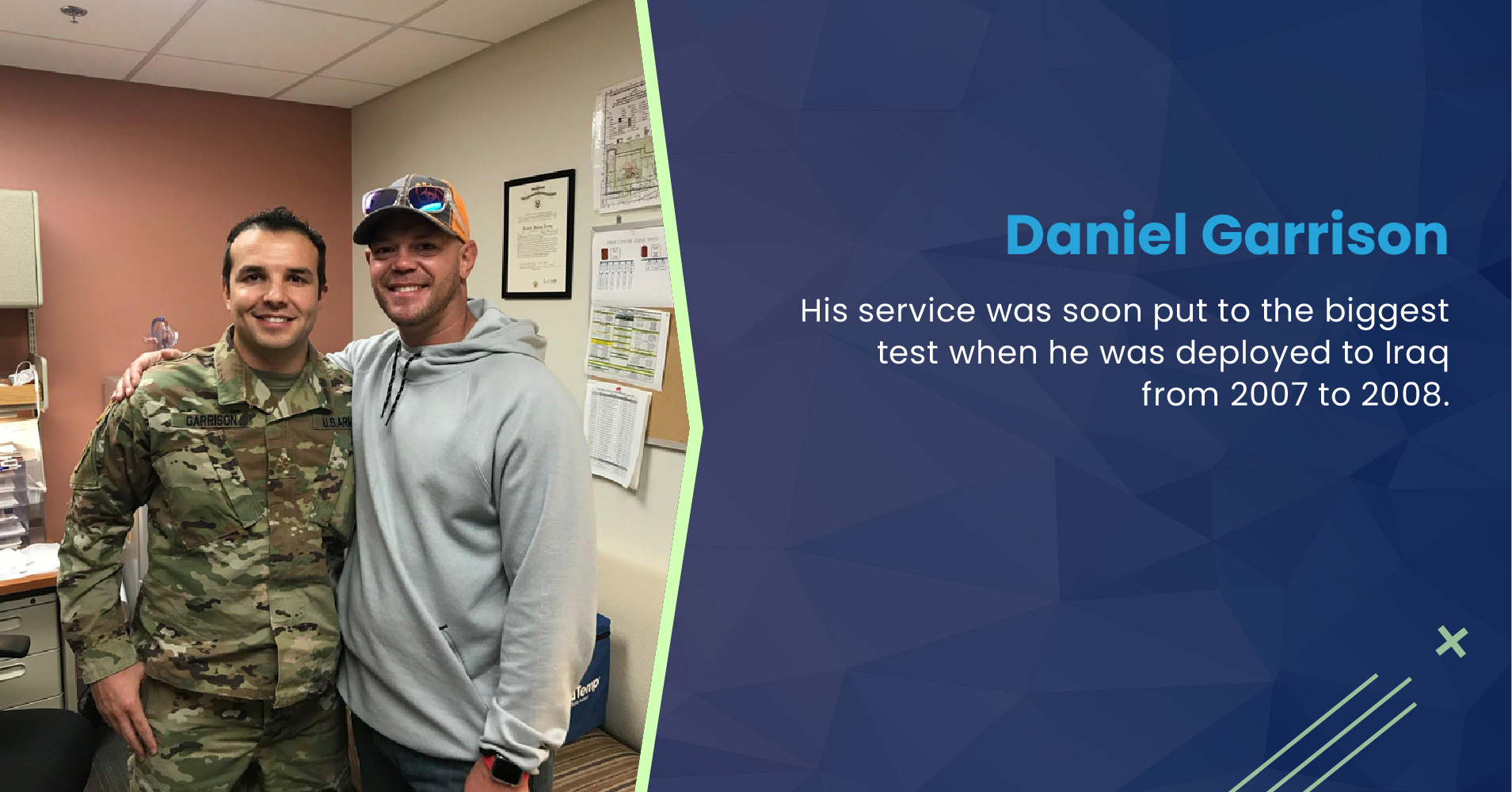
In the ever-evolving world of healthcare, advancements in technology, treatments, and procedures have undoubtedly improved the quality of care. However, despite these innovations, one fundamental aspect remains as vital as ever: the connection between healthcare providers and patients. Authentic, meaningful relationships between patients and their caregivers have the power to transform the healthcare experience, leading to better outcomes, increased patient satisfaction, and a more compassionate approach to medicine.
The Importance of Trust in Healthcare
Trust is the cornerstone of any successful healthcare relationship. When patients trust their healthcare providers, they are more likely to share critical information, adhere to treatment plans, and engage in their care. This trust is not built overnight; it requires consistent communication, empathy, and respect. Healthcare providers must show that they genuinely care about their patients’ well-being, not just their symptoms.
Building trust begins with active listening. Patients need to feel heard and understood. When healthcare providers take the time to listen to their patients’ concerns, fears, and hopes, they create an environment where trust can flourish. This involves more than just hearing words; it requires paying attention to body language, tone of voice, and the emotions behind the words. By demonstrating empathy and understanding, healthcare providers can bridge the gap between clinical expertise and emotional support.
Enhancing Patient Engagement Through Communication
Effective communication is a critical component of patient-centered care. Patients who feel well-informed and involved in their treatment decisions are more likely to experience positive outcomes. Healthcare providers should prioritize clear and open communication, explaining diagnoses, treatment options, and potential outcomes in a way that patients can easily understand.
Moreover, communication should be a two-way street. Encouraging patients to ask questions, express concerns, and participate in their care decisions fosters a sense of collaboration and partnership. When patients feel that they are active participants in their healthcare journey, they are more likely to take ownership of their health and adhere to treatment plans.
In today’s digital age, communication extends beyond face-to-face interactions. Telemedicine, patient portals, and electronic health records offer new opportunities for healthcare providers to stay connected with their patients. These tools can enhance patient engagement by providing easy access to information, facilitating follow-up care, and allowing patients to communicate with their healthcare team between visits. However, technology should complement, not replace, the human touch. The key is to balance digital communication with personal interactions to maintain a solid patient-provider relationship.
The Role of Empathy in Patient Care
Empathy is the ability to understand and share the feelings of others, and it is a critical skill for healthcare providers. When patients feel that their healthcare provider genuinely cares about their emotional and physical well-being, it can significantly impact their overall experience and outcomes. Empathy helps to humanize the healthcare experience, making patients feel valued and respected.
Incorporating empathy into patient care requires healthcare providers to look beyond the symptoms and see the person behind the patient. This means acknowledging the emotional impact of illness, the stress of navigating the healthcare system, and the fears associated with treatment. Simple gestures, such as a reassuring touch, a kind word, or a moment of patience, can make a significant difference in a patient’s experience.
Empathy also plays a crucial role in addressing health disparities. Patients from marginalized communities often face barriers to care, including discrimination, language barriers, and socioeconomic challenges. By practicing empathy, healthcare providers can better understand the unique needs of these patients and work to provide more equitable and inclusive care.
Building Long-Term Relationships with Patients
Long-term patient-provider relationships are essential for continuity of care and improved health outcomes. When patients see the same healthcare provider over time, they build a rapport that enhances trust and communication. This continuity allows healthcare providers to gain a deeper understanding of their patients’ medical histories, preferences, and values, leading to more personalized and effective care.
To build long-term relationships, healthcare providers should focus on creating a welcoming and supportive environment. This includes being approachable, maintaining consistency in care, and showing a genuine interest in the patient’s life beyond their medical condition. Follow-up care, regular check-ins, and personalized attention all contribute to a robust and lasting relationship.
In addition to individual efforts, healthcare organizations can support long-term patient relationships by fostering a culture of patient-centered care. This involves providing training on communication skills, promoting teamwork, and encouraging providers to spend adequate time with each patient. By prioritizing patient relationships, healthcare organizations can improve patient retention, satisfaction, and outcomes.
The Future of Healthcare Lies in Genuine Connections
While technology and medical advancements continue to shape the future of healthcare, the importance of genuine patient connections cannot be overstated. Trust, communication, empathy, and long-term relationships are the foundation of effective patient care. By focusing on these elements, healthcare providers can create a more compassionate, patient-centered approach that not only improves outcomes but also enhances the overall healthcare experience.
As the healthcare landscape evolves, the secret to transforming healthcare lies not in the latest technology or the newest treatment but in the simple yet profound act of building genuine connections with patients. These connections have the power to heal, to comfort, and to transform the way we approach healthcare for generations to come.